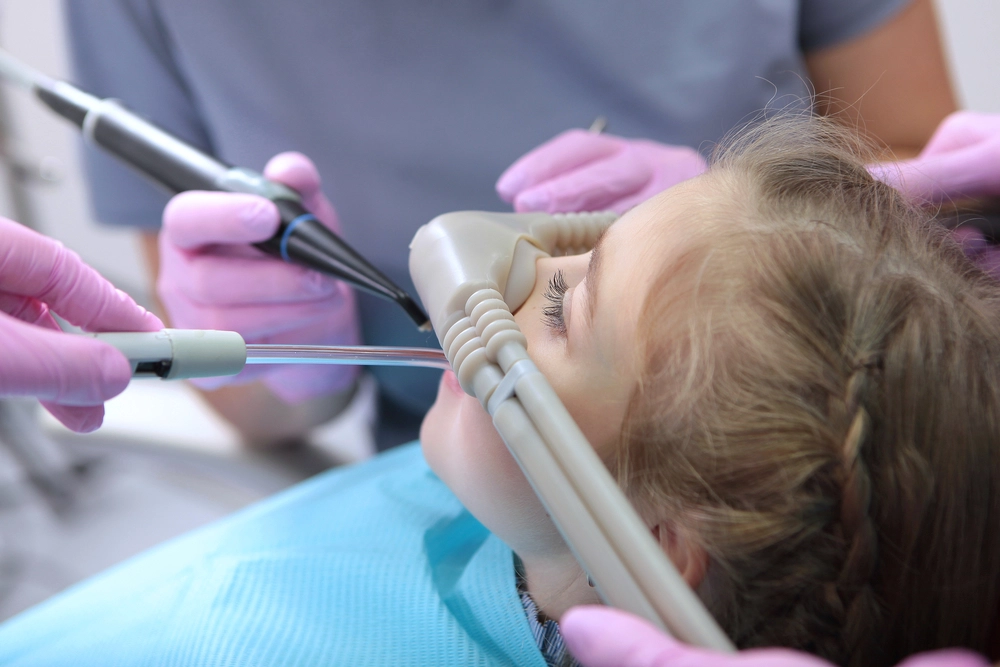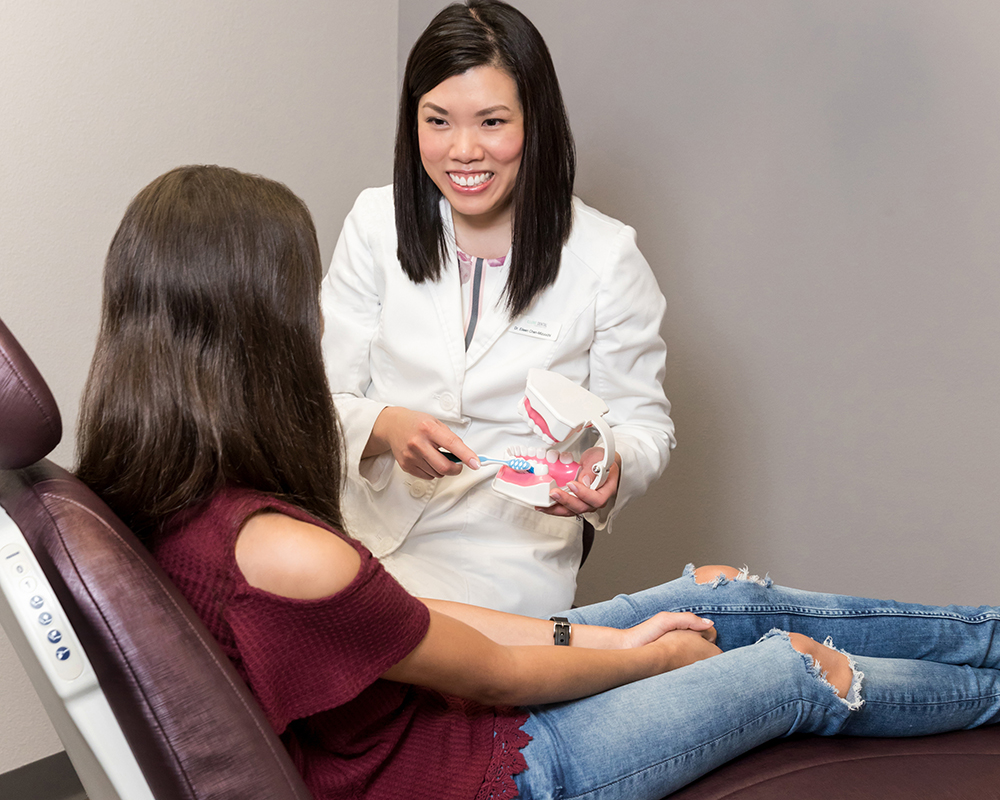Taking Action: Steps to Reduce the Risk of Oral Cancer
Oral cancer can be a frightening diagnosis, but it doesn’t have to be. There are steps you can take to reduce your risk and take control of your health.
With knowledge comes power, so make sure to read on these practical strategies that will help you reduce the chances of developing oral cancer.
Know the Risk Factors
The first step in reducing the risk of any disease is understanding what causes it. For oral cancer, the main risk factors include tobacco use (including smoking and smokeless forms such as chewing tobacco), excessive alcohol consumption, a family history of oral cancer, and exposure to the human papillomavirus (HPV).
By knowing these risk factors, you can make informed decisions about your lifestyle choices and take steps to minimize their impact on your health.
Quit Tobacco Use
Tobacco use is the leading cause of oral cancer, accounting for around 80% of all cases. The chemicals in tobacco products can damage the cells in your mouth and throat, leading to an increased risk of cancer. If you currently use tobacco products, it’s never too late to quit.
Talk to your doctor about cessation methods or join a support group to increase your chances of success.
Limit Alcohol Consumption
Alcohol is another known risk factor for oral cancer, especially when combined with tobacco use. Heavy alcohol consumption is defined as more than 8 drinks per week for women and more than 15 drinks per week for men. If you do drink, aim to keep your intake within these limits to reduce your risk of developing oral cancer.
Practice Good Oral Hygiene
Poor oral hygiene can also increase the risk of oral cancer. Regular brushing, flossing, and dental check-ups can help prevent the buildup of harmful bacteria in your mouth that can lead to cancer. It’s also important to visit your dentist regularly for oral cancer screenings, especially if you have any risk factors.
Protect Your Lips from Sun Exposure
Excessive sun exposure on your lips can also increase the risk of developing lip cancer. Make sure to use a lip balm with SPF and limit your time in the sun, especially during peak hours.
Get Vaccinated
The human papillomavirus (HPV) has been linked to oral cancer, so getting vaccinated against HPV can help reduce your risk. The vaccine is recommended for both males and females between the ages of 11-26.
Eat a Healthy Diet
A diet rich in fruits and vegetables can help reduce the risk of oral cancer. These foods are packed with antioxidants that can help protect against cellular damage that can lead to cancer.
Stay Educated
It’s important to stay informed about oral cancer and its risk factors. Talk to your doctor or do some research on reputable websites to learn more about how you can reduce your risk. Being knowledgeable can help you make informed decisions about your health.
Stay Aware of Changes
Regularly checking your mouth and being aware of any changes or abnormalities can also help in detecting oral cancer early. If you notice any red or white patches, sores that won’t heal, or lumps in your mouth, consult with your doctor immediately.
Take Charge of Your Oral Health!
Stay healthy, stay informed, and take action now! So, don’t wait any longer – start implementing these tips into your daily life today and make a positive impact on your overall health.




